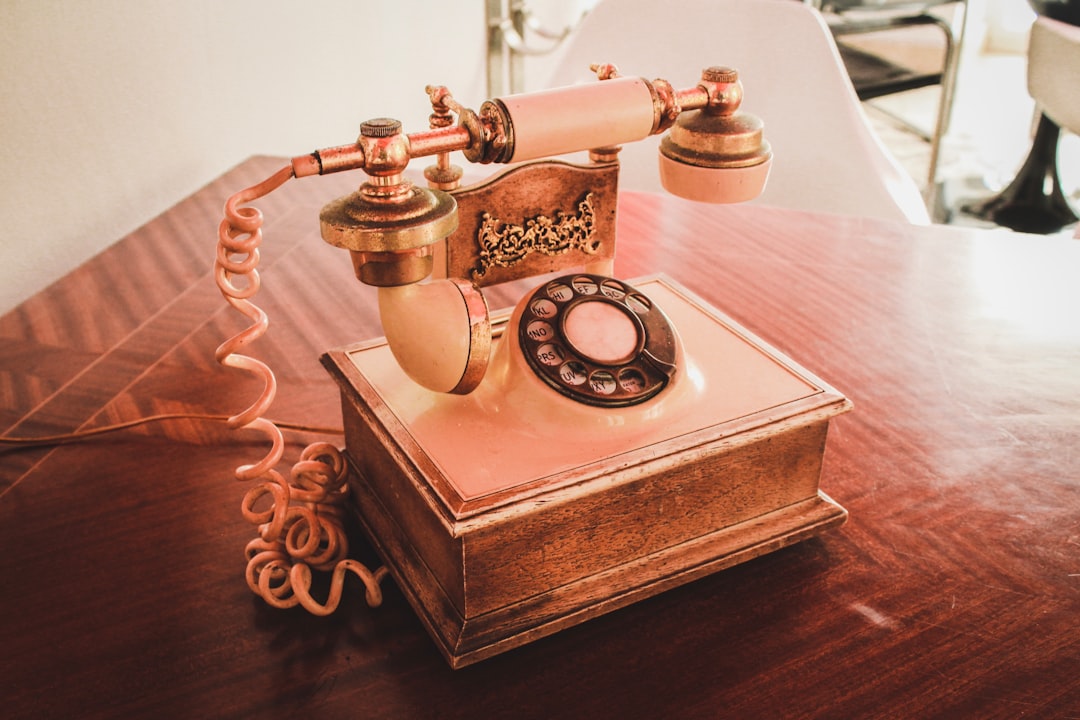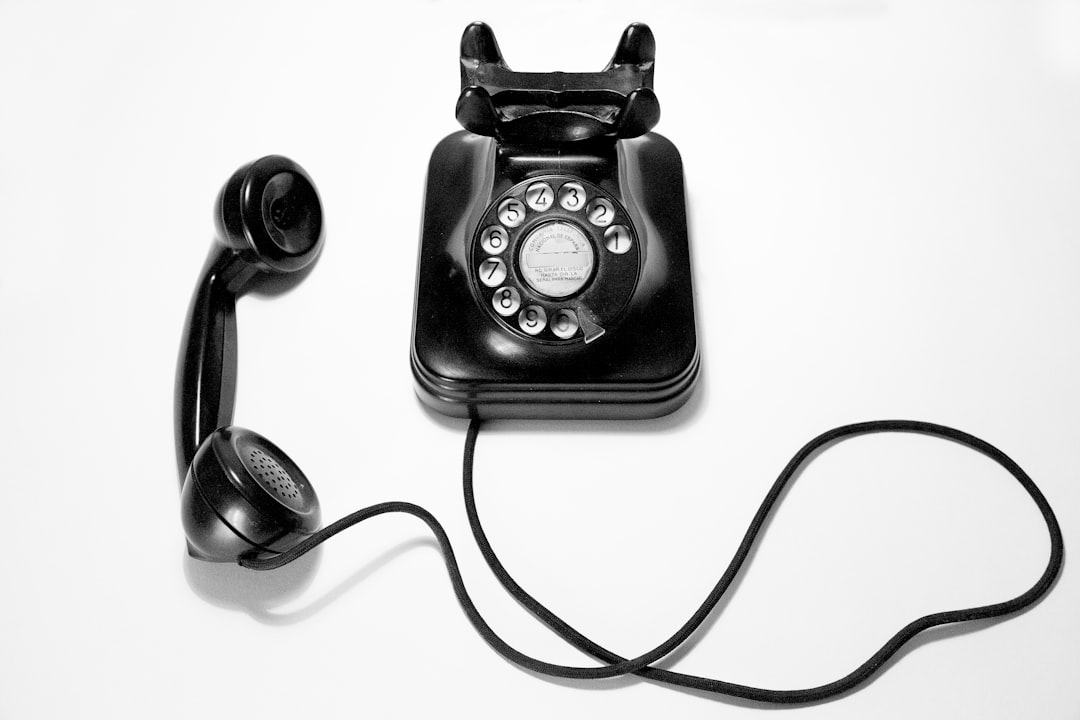Autodialing technology offers significant advantages for nonprofits in Maine, but its implementation requires careful navigation of legal complexities. Nonprofits must adhere to strict guidelines, including TCPA compliance, do-not-call lists, and consent rules. Engaging specialized autodialer lawyers in Maine is vital to ensure these regulations are met, protect against fines and lawsuits, and maintain donor trust. These experts guide nonprofits on consent acquisition, list management, personalized messaging, and navigating relevant consumer protection laws.
In today’s digital age, effective communication is key for Maine’s nonprofit sector. This includes leveraging technology like autodialing to reach supporters and donors. However, legal considerations cannot be overlooked, as regulations around automated calling can vary significantly. This article explores the intricate balance between utilizing autodialers and navigating Maine’s nonprofit laws, highlighting the crucial role that autodialer lawyers play in ensuring compliance, safety, and success for organizations across the state.
Understanding Autodialing and Maine's Nonprofit Laws

Autodialing, a technology that allows automated phone calls to be made en masse, has become an essential tool for many organizations, including nonprofits in Maine. However, utilizing such a system comes with legal considerations that must be addressed to ensure compliance and avoid potential pitfalls. Maine’s nonprofit sector operates within a framework of state laws and regulations that govern various aspects of operations, including communication strategies.
Understanding the specifics of autodialing in this context involves familiarizing oneself with Maine’s Telephone Consumer Protection Act (TCPA) guidelines. These laws dictate how automated dialing systems can be employed, emphasizing consent, do-not-call lists, and consumer privacy rights. Nonprofits using autodialers should ensure they have proper authorization from recipients, respect individual opt-out requests, and adhere to data protection standards. Engaging the services of experienced autodialer lawyers in Maine can provide valuable guidance on navigating these legal requirements, ensuring compliance, and mitigating risks associated with automated phone campaigns.
Legal Compliance for Effective and Safe autodialing

In Maine, as in many states, using an autodialer for telemarketing or outreach purposes comes with stringent legal requirements. Nonprofits must ensure they comply with both state and federal regulations to protect themselves from potential fines and lawsuits. Engaging the services of experienced autodialer lawyers in Maine is a strategic move to navigate this complex landscape. These legal experts can help nonprofits understand and adhere to Do-Not-Call lists, consent laws, and privacy regulations like the TCPA (Telecommunications Consumer Protection Act).
Effective and safe autodialing involves more than just technological implementation. It requires a deep understanding of consumer rights and protections. Autodialer lawyers in Maine can guide nonprofits on obtaining proper consent, managing contact lists, and ensuring calls are made at appropriate times to avoid disturbing recipients. By prioritizing legal compliance, nonprofits can enhance their reputation, foster donor trust, and mitigate risks associated with autodialing practices.
The Role of Autodialer Lawyers in the Maine Nonprofit Sector

In Maine’s nonprofit sector, the integration of autodialing technology has sparked a conversation about legal considerations. Here, autodialer lawyers play a pivotal role in guiding organizations to navigate the complex regulatory landscape. These legal experts help nonprofits ensure their automated phone campaigns comply with state and federal laws, such as those governing telemarketing and consumer privacy. By employing the expertise of autodialer lawyers Maine-based nonprofits can mitigate risks, protect donor privacy, and avoid potential legal repercussions associated with improper use of autodialing systems.
Autodialer lawyers assist in crafting tailored strategies for fundraising campaigns, ensuring they stay within ethical boundaries. They offer insights into best practices for obtaining consent, managing contact lists, and delivering personalized messages to donors. Furthermore, these legal professionals help nonprofits understand their obligations under the CAN-SPAM Act (if applicable) and Maine’s specific consumer protection regulations, ensuring their autodialing practices are in line with legal standards.






